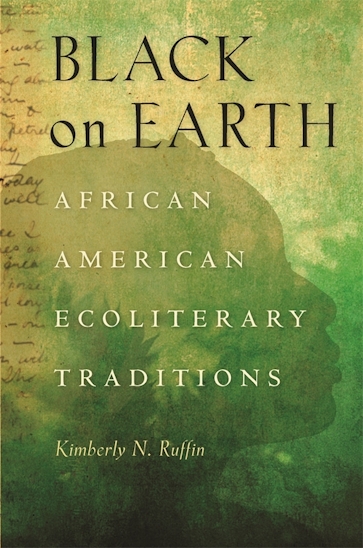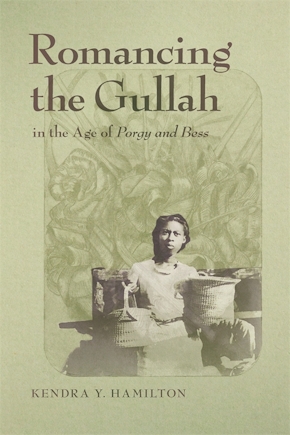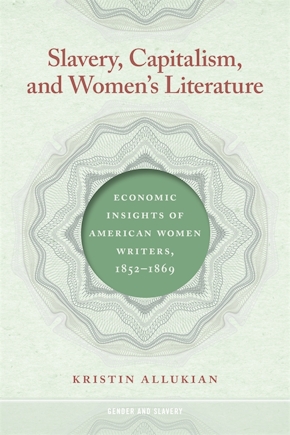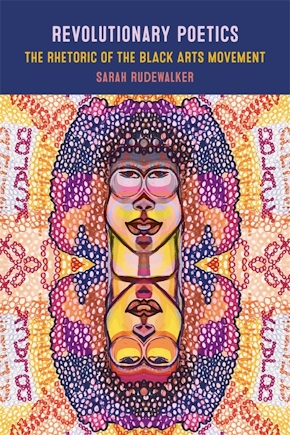Black on Earth
African American Ecoliterary Traditions
Title Details
Pages: 192
Illustrations: 6 b&w photos
Trim size: 6.000in x 9.000in
Formats
Paperback
Pub Date: 12/01/2010
ISBN: 9-780-8203-3720-3
List Price: $34.95
Hardcover
Pub Date: 12/01/2010
ISBN: 9-780-8203-2856-0
List Price: $120.95
Related Subjects
Black on Earth
African American Ecoliterary Traditions
Skip to
- Description
- Reviews
American environmental literature has relied heavily on the perspectives of European Americans, often ignoring other groups. In Black on Earth, Kimberly Ruffin expands the reach of ecocriticism by analyzing the ecological experiences, conceptions, and desires seen in African American writing.
Ruffin identifies a theory of “ecological burden and beauty” in which African American authors underscore the ecological burdens of living within human hierarchies in the social order just as they explore the ecological beauty of being a part of the natural order. Blacks were ecological agents before the emergence of American nature writing, argues Ruffin, and their perspectives are critical to understanding the full scope of ecological thought.
Ruffin examines African American ecological insights from the antebellum era to the twenty-first century, considering WPA slave narratives, neo–slave poetry, novels, essays, and documentary films, by such artists as Octavia Butler, Alice Walker, Henry Dumas, Percival Everett, Spike Lee, and Jayne Cortez. Identifying themes of work, slavery, religion, mythology, music, and citizenship, Black on Earth highlights the ways in which African American writers are visionary ecological artists.
Readers will welcome this call to expand eco-citizenship and rediscover African American contributions to eco-literature, an important task that is barely begun.
—Choice
Black on Earth has the potential to redefine perceptions of what is truly an underlying and almost invisible cause of subconscious separation between races in our country.
—Phati'tude Literary Magazine
Well researched and highly original, Black on Earth is an important contribution to the field of ecocriticism and environmental literature. The timing is right for this book, which arrives when ecocritics are rethinking the meaning of environmental literature through the lens of environmental justice and expanding the field to include new voices that represent experiences outside the traditional categories of nature writing. By reframing contemporary writers such as Alice Walker, Henry Dumas, Percival Everett, Octavia Butler, and others as ecological writers—and, conversely, by rethinking environmental literature through the lens of black experience with work, religion, myth, and the blues—Ruffin's study will help to expand the horizons of this literature in a significant way.
—Jeffrey Myers, author of Converging Stories: Race, Ecology, and Environmental Justice in American Literature
An invaluable intervention on the canon of American nature writing, one that opens it to a range of too-long unheard and unheeded voices. Black on Earth demonstrates both the centrality of environmental concerns to African American literature and culture and the vital insights that tradition offers contemporary ecocritical discourse.
—Paul Outka, author of Race and Nature from Transcendentalism to the Harlem Renaissance
This is a much-needed, excellent book. Kimberly Ruffin argues that African American oral and print literary texts have not received the attention they deserve in current ecocritical and environmentalist discussions, and she is absolutely right. The neglect not only ignores an important literary tradition, past and present, but deeply disadvantages contemporary efforts to find solutions to the ecological crises we now face in the United States and around the globe. As Ruffin maintains and demonstrates, African American perspectives offer crucial wisdom that we all need if human beings are to be successful in addressing ecological issues. Black on Earth is original, highly accessible, and enormously needed. I learned a lot and recommend it enthusiastically.
—Elizabeth Ammons, Tufts University



